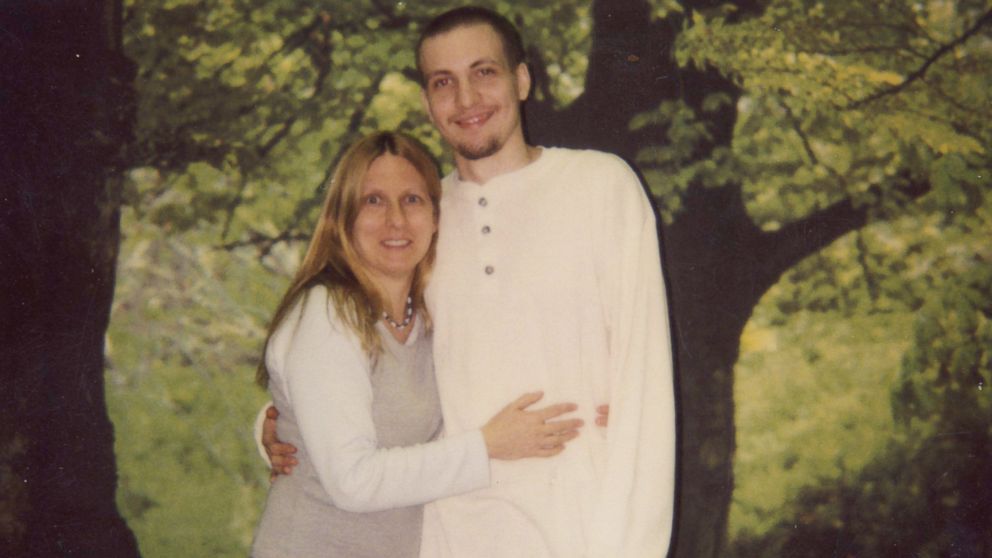A college student's murder, a jailhouse confession and one mother's crusade to free her son
Since the day a jury in Brooklyn, New York, sentenced John Giuca to 25 years to life in prison for the 2003 murder of Mark Fisher, Giuca’s mother, Doreen Quinn Giuliano, has been fighting to right what she considers a terrible wrong.
Giuliano has been on an unrelenting crusade to get her son out from behind bars and have his conviction overturned.
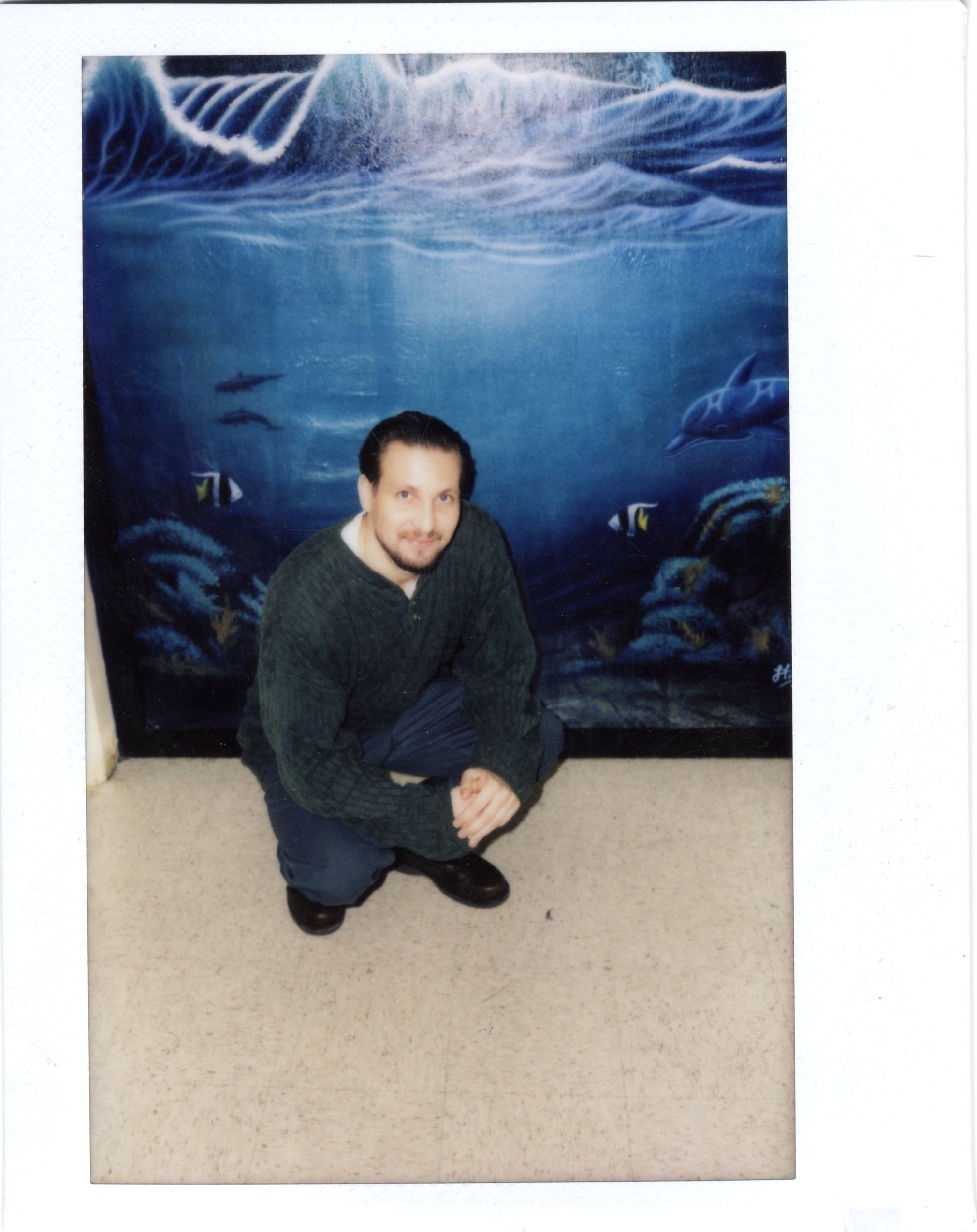
“It’s almost impossible [to overturn a conviction] but you can’t give up. You can’t give up. You have to keep moving,” Giuliano told ABC News’ “20/20.”
But, in February, she got the news she’d been hoping to hear for almost 13 years: A panel of judges had overturned her son’s murder conviction. Prosecutors are deciding whether to retry Giuca.
And, then on March 22, NYPD detectives sent by the Brooklyn district attorney interviewed Antonio Russo, Giuca‘s co-defendant who had also been found guilty in the murder and imprisoned, and say he confessed that he had shot and killed Fisher. In a police report of that interview obtained by ABC News, Russo does not implicate Giuca.
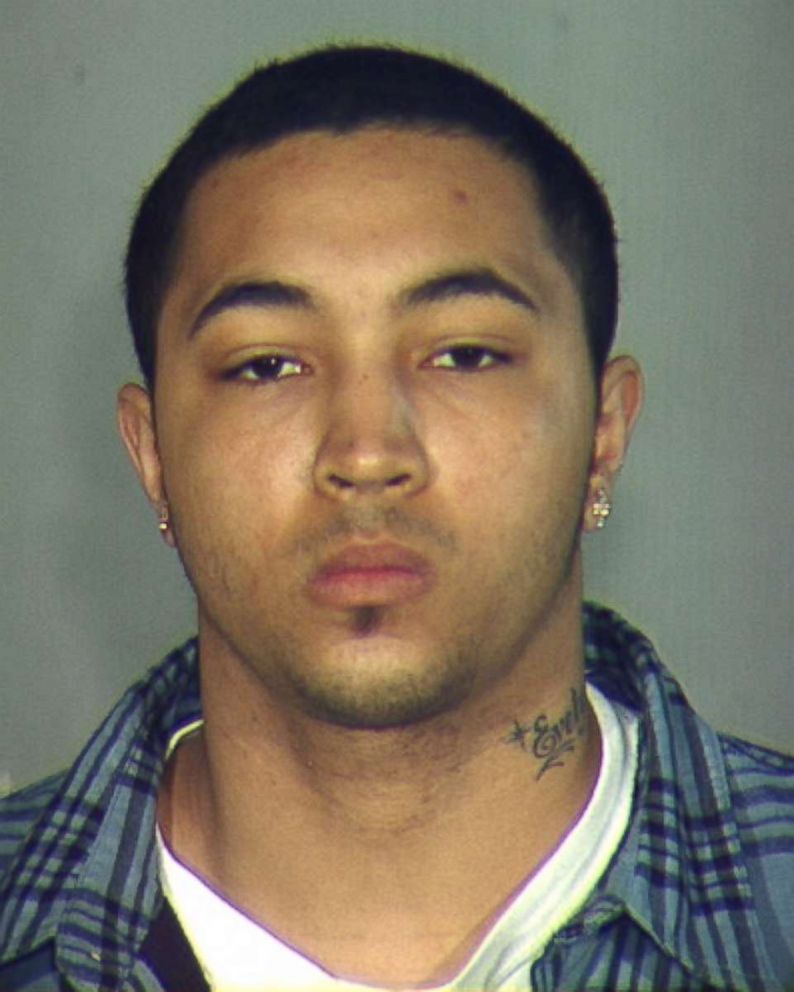
Russo, who had been at an impromptu party at Giuca’s Brooklyn home with Fisher and others the night of the murder, told detectives he’d walked Fisher outside, pointed a black German Luger 9 mm at Fisher, took Fisher’s wallet and told him to run.
“Russo fired one shot into the ground to let Fisher know it was a real gun. Russo then fired a shot at Fisher, and Fisher fell to the ground. Fisher said, ‘Why did you shoot me?’ And Russo fired the rest of the bullets from the gun at Fisher, killing him,” the report said.
Russo told detectives that there was no struggle between him and Fisher prior to the shooting and that the gun was his. However, some of the detail Russo reportedly provided to detectives differ from police accounts at the time of the crime. “20/20” reached out via letter to Russo. He hasn’t yet responded.
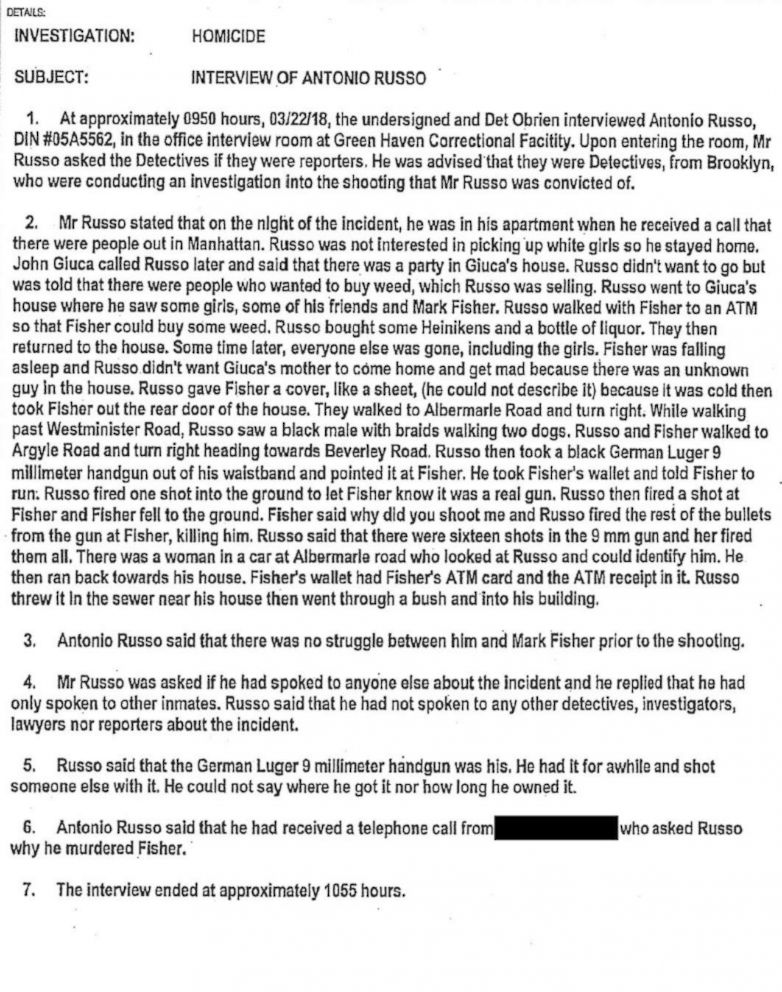
Still, Giuca, now 34, remains in jail at New York’s Rikers Island. A court refused to let him out on bail. “I find no reason to release the defendant, nor to grant bail in this case,” the judge said on Feb. 20. Giuca’s attorney appealed the decision but it was denied.
When asked about Russo’s confession, the district attorney’s office told “20/20” it could not comment on an ongoing case. The prosecution has until May to decide whether or not to retry Giuca. Until then, Giuliano will continue to visit her son in jail.
What happened the weekend Mark Fisher was killed?
Giuliano says the biggest mistake her son made was having an impromptu party that fateful night during Columbus Day weekend in 2003.
Fisher, 19, was a sophomore at Fairfield University in Connecticut, where he was on the dean’s list and studying to become an accountant.
That weekend, Fisher was hopping from bar to bar on Manhattan’s Upper East Side, when he ran into a girl he knew from school named Angel DiPietro and was immediately attracted to one of her friends.
“He was following her wherever she went that night,” former NYPD detective and author Robert Mladinich told “20/20.”
Fisher and the woman later met up with Tommy Saleh and Saleh’s friends, including Giuca.
After some members of the group were unable to get into bars because they were underage, Giuca, then 20 years old, invited everyone to his parents’ house in Brooklyn.
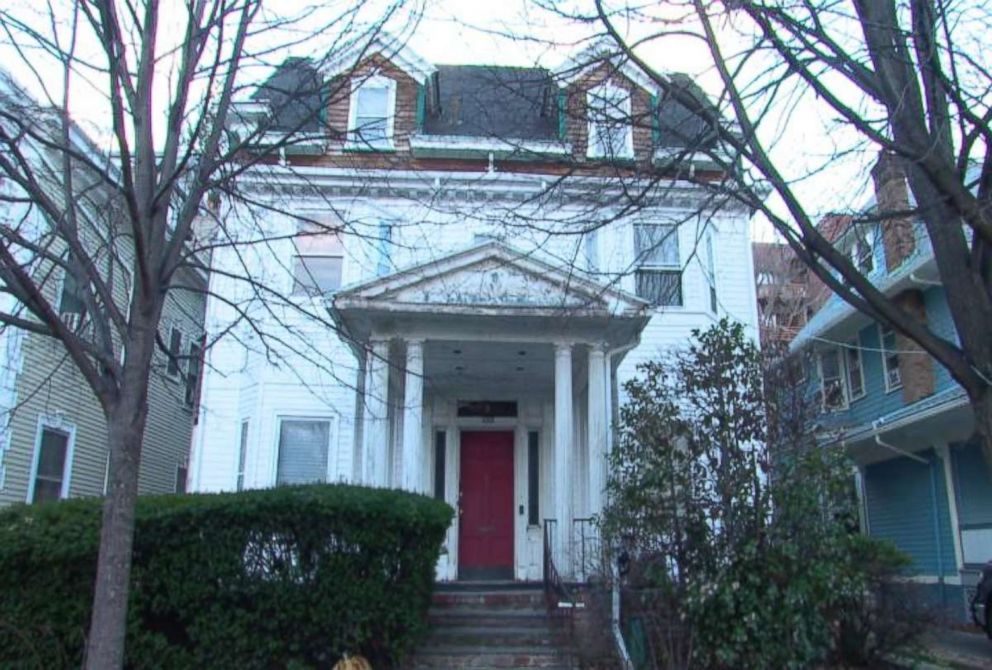
“His mom was away. He had a big house. It was, like, the easy choice,” Saleh told “20/20.”
“I was in Florida on a weekend vacation with my husband,” Giuliano said. “There was a few kids that got stranded in Manhattan and had no place to go.”
According to Saleh, Fisher was intoxicated, didn’t have a lot of money on him and had no way to get back to New Jersey, where he had been staying at a friend’s house that weekend.
“I just remember John [Giuca] saying, ‘Just come with us,’” Saleh said.
“He figured, he’ll bring them here to my house, get some beers and be young adults, you know, teenagers,” Giuliano said. “Drinking. … I’m sure they were smoking [marijuana] also.”
Giuliano said another mistake her son had made that night was inviting Antonio Russo to his after-hours party.
“He was a bit of a wild child. He was younger than all the other boys,” Giuliano said of Russo.
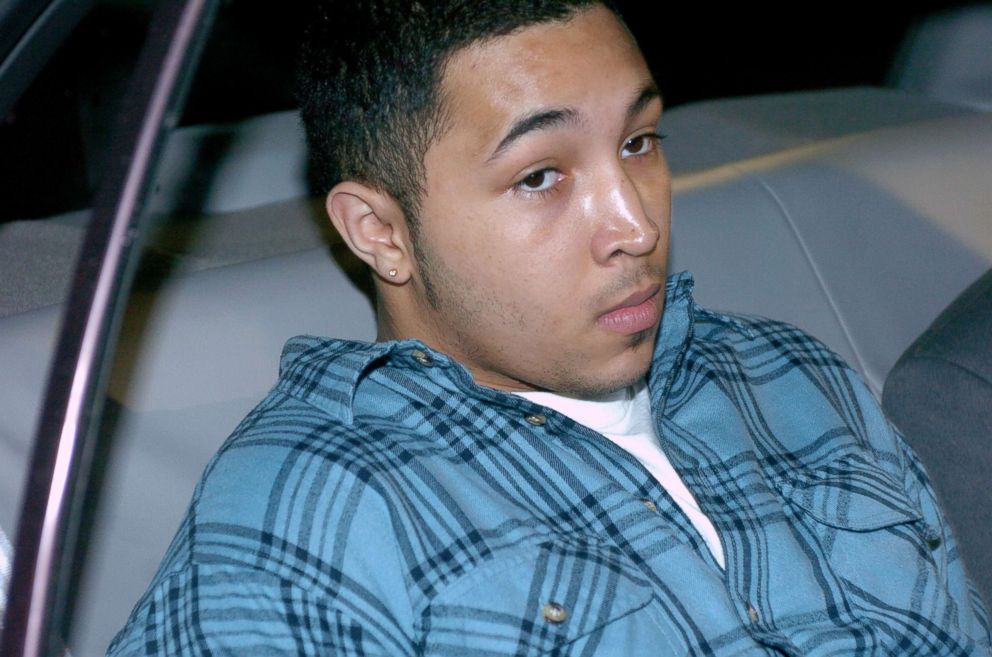
“He’s known to be a marijuana dealer,” former detective Mladinich said.
Russo, aka “Tweed,” is said to have supplied the marijuana that night.
“At one point after Mark had been at this house for about an hour or so, it’s believed that John Giuca basically accused him of being a mooch. He was drinking their beer. He was smoking their pot. He wasn’t bucking up,” Mladinich said.
According to witnesses, Giuca thought it was time for Fisher to pay up, and shortly after 5 a.m., on Oct. 12, 2003, Fisher went to an ATM and withdrew $20.
Police investigate the killing of Mark Fisher
What happened over the next hour depends on whom you talk to, but somehow, in those early morning hours, Fisher ended up on Argyle Road, two blocks from Giuca’s home.
“I can tell you that our detectives, when they arrived at the scene, they found a male – white, prone -- obviously the victim of several gun shots. There was some trauma to his face,” retired NYPD homicide squad Lt. Robert Casazza told “20/20.”
Fisher had been viciously beaten and shot five times.
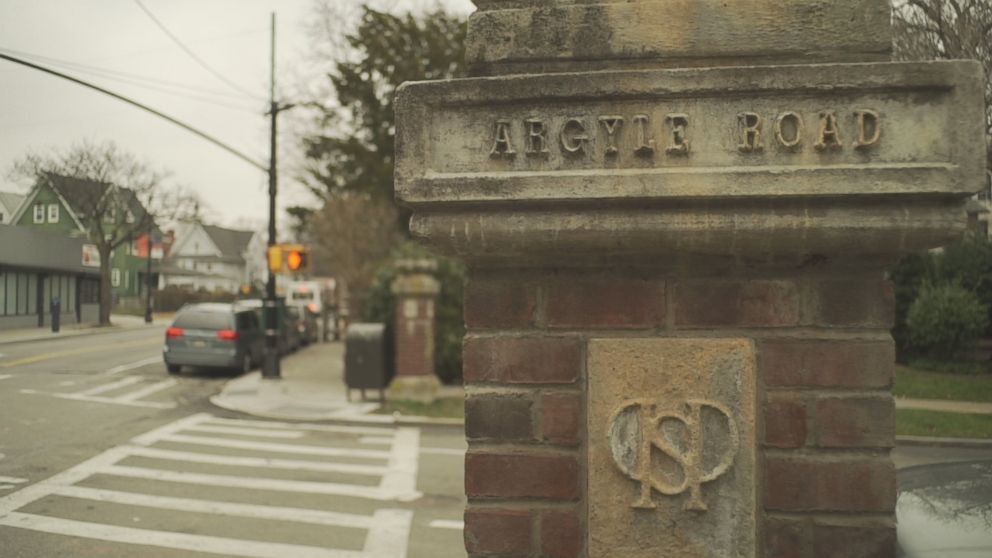
Giuliano said her son called her and asked her to come home. When she arrived, she said, “The press was on my lawn … And detectives were on my porch.”
Giuca, who was in college studying criminal law and wanted to become a police detective, became a prime suspect in the murder.
Russo, then 17, was also under investigation, especially after some suspicious behavior.
“He (Russo) had dreadlocks that he had cultivated for years, so for him to get them sheared was very suspect and then he takes off for California a couple of days later. That certainly makes him the prime suspect,” Mladinich said.
Police also investigated Albert Cleary, Giuca’s childhood friend, who lived just two blocks away from Giuca on Argyle Road and just steps away from where police had found Fisher’s body.
“Albert Cleary becomes a prime suspect because he has an active case in the Bronx where he was involved in a pretty vicious beating of a person laying on the ground,” Mladinich said.
Police said everyone at the party was a person of interest, but with no hard evidence, the case was difficult to solve.
“To get closure on this was extremely difficult, because of the lack of cooperation and intimidation on the part of some of the people involved in this,” former NYPD commissioner and ABC News consultant Ray Kelly told ABC News in a 2005 interview.
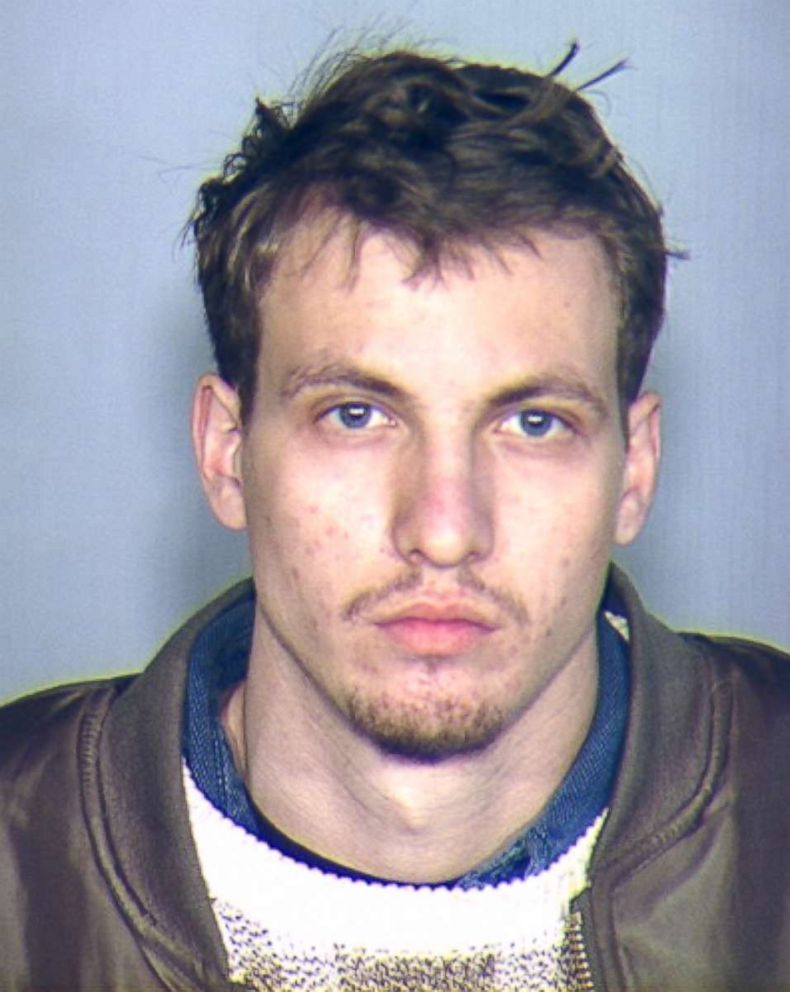
John Giuca goes on trial for murder
The murder remained a mystery after most of the people at Giuca’s party retained lawyers and wouldn’t speak to investigators. The investigation stalled for months.
Prosecutor Anna-Sigga Nicolazzi was assigned to the case and forced witnesses -- including Giuca’s friends -- to testify before the grand jury.
Pressured by Nicolazzi’s aggressive tactics, the wall of silence cracked as Giuca’s friends began to turn against him. Giuca and Russo were eventually arrested and charged with murder.
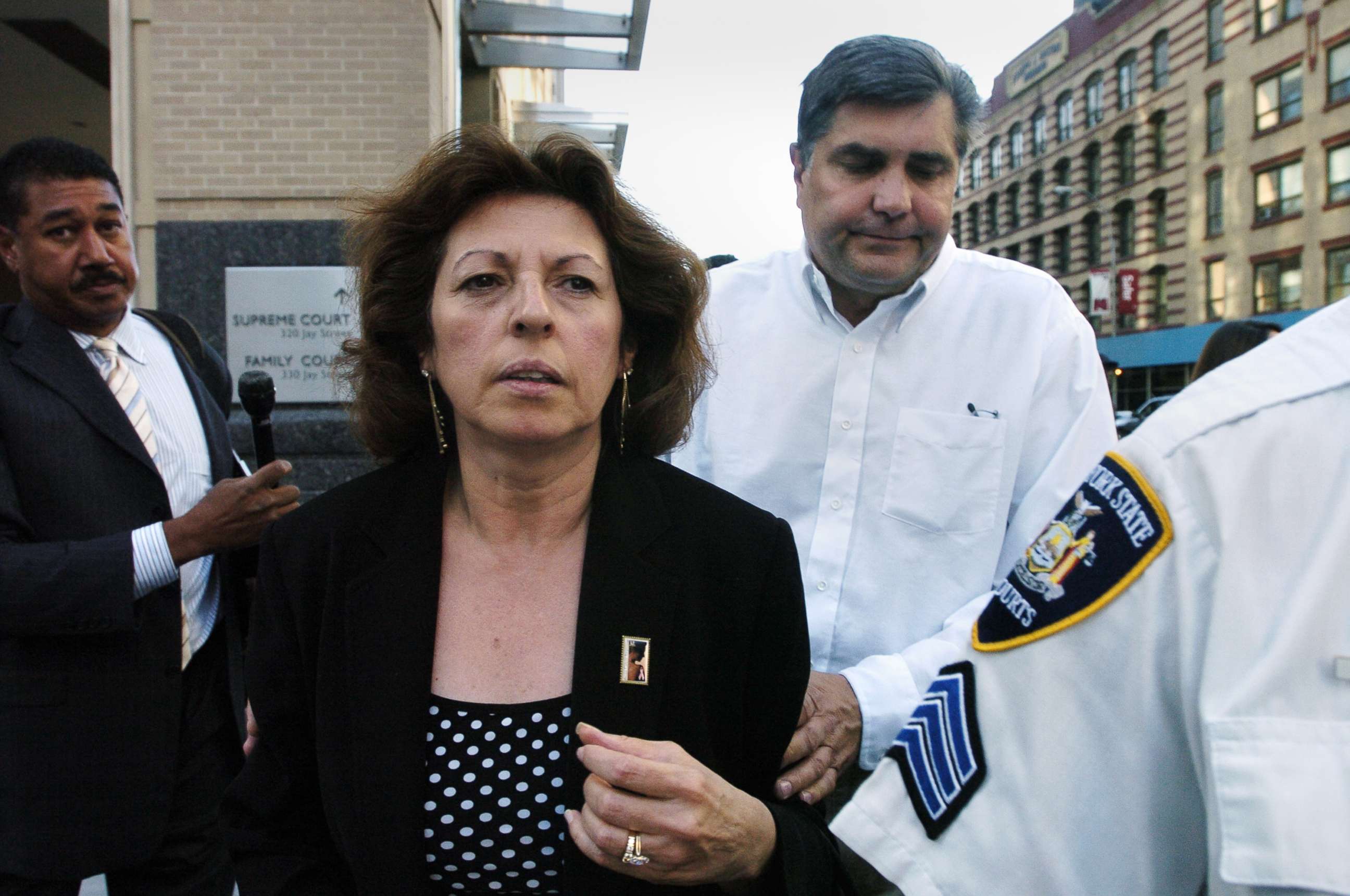
At Giuca’s trial, which began on Sept. 12, 2005, the prosecutor argued that Giuca was a neighborhood thug and head of the so-called “Ghetto Mafia,” out to get street cred by having Fisher killed.
Giuca’s on-again, off-again girlfriend Lauren Calciano and Cleary, who was eventually cleared of suspicion in the case, were both witnesses for the prosecution, saying that Giuca had put Russo up to the killing.
John Avitto, who said he met Giuca while incarcerated at Rikers Island, also testified at the trial. Avitto had gone to police to say Giuca told him that he had pistol-whipped Fisher and that Russo had then shot him dead.
“It was terrible. It was awful. One lie after the other, after the other,” Giuliano said.
It took a jury a day and a half to convict Russo. For Giuca, it was just a couple of hours. Both were found guilty of murder and sentenced to 25 years to life in prison.
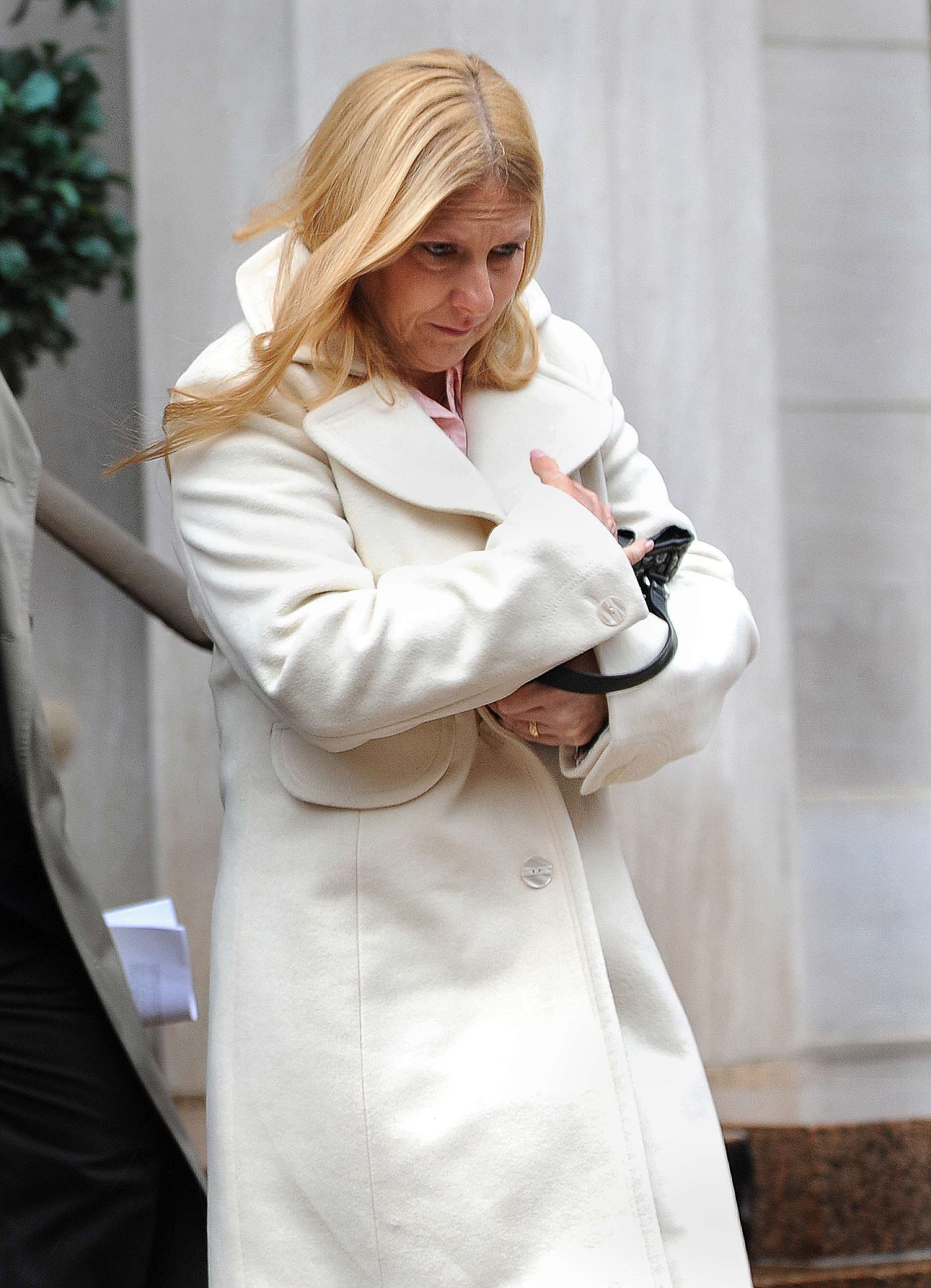
A mother goes undercover
Outraged by the verdict, Giuliano decided to take action and immediately focused on the jurors who had quickly convicted her son.
She decided to go undercover and find out as much as she could about one juror in the case.
“A mutual friend of John’s, who was in the audience, recognized one of the jurors. And, I said: ‘Are you sure?’ And he said, ‘Yeah, the guy with the bald head,’” Giuliano said. “Juror number eight was Jason Allo. He knew my son’s friends. And, I contemplated going to him and saying, ‘What went wrong?’ as John’s mother. And then I said, ‘It’s not gonna work. He’s going to slam the door in my face.’ And that’s when I began my undercover work.”
Giuliano, who had been married to her husband at that point for 17 years, said she confided in him about the details of her plan.
“He didn’t want me to do it, honestly. He said, ‘No. No. No,’” Giuliano said.
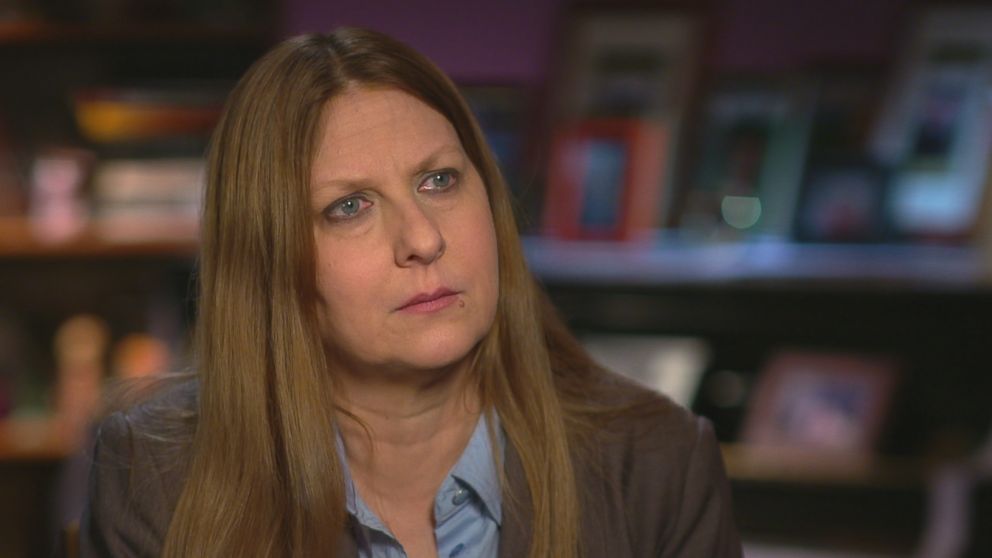
She went to a tanning booth and bought a whole new wardrobe of low-cut blouses, a push-up bra and even high heels that she had to practice walking in.
“I’m pretty conservative,” Giuliano said of her normal wardrobe. “[But, I wore] lots of makeup. I had to try to catch his eye.”
For months, Giuliano staked out Allo’s every move on a corner in Bensonhurst, Brooklyn. She said she would spend hours waiting for him to come home from work, even in the rain and snow.
“I started to know his routine. What time he got off the train, exactly what he did, [where] he got his coffee, [where] he got his cigarettes, [where] he hung out on the corner,” she said.
At one point, Giuliano even donned a burqa.
“A Muslim friend hooked me up with this beautiful burqa and said, ‘You can get up close to anyone you want and eavesdrop,’” she said. “I remember listening to a conversation – he was talking about blondes. He liked blondes. That’s when I decided to go really blonde.”
Five months into her “sting,” Giuliano said she rode her bike past Allo several times to get him to notice her, when his friend whistled at her.
“My heart dropped. And I said, ‘Hi,’” she said. “I said I was from California and I was new to the neighborhood and [Allo] said I could give him a call.”
Giuliano said she bought a burner phone and a fake business card. She went by the fake name “Dee Madison Quinn” and rented a bachelorette pad for at least a year.
She invited Allo to dinner at her apartment, where she said she also smoked marijuana with him. She wore a recording device and says she recorded all of their conversations.
Slowly, Giuliano gained Allo’s trust, turning their conversations toward her son’s murder trial.
“You could have got excused. There’s a million and one reasons to get excused,” Giuliano is heard saying in the recording.
“The number-one excuse: I’m prejudiced,” Allo is heard saying in the recording. “I hate Jews.”
“He believed that John was Jewish,” Giuliano said.
She said Allo also had revealed to her that he didn’t disclose that he knew some of Giuca’s friends during jury selection, which Doreen believed would have disqualified him from serving on the jury.
“I had to fight back my tears. I was disgusted with him because he said it proudly, and he’s bragging how he put this kid away,” Giuliano said. “I wanted to punch him in his face.”
At one point, Giuliano went back and took photos with Allo to show that she actually had spent time with him.
“Because what if they think that maybe it was my brother on the tapes or, you know, a cousin or somebody? So I had to go back months later and get a photo of me and him together to prove that I actually was hanging out with this guy,” she said.
Despite gaining information from Allo that she believed was helpful, it came at a cost to her marriage.
“It destroyed it,” she said.
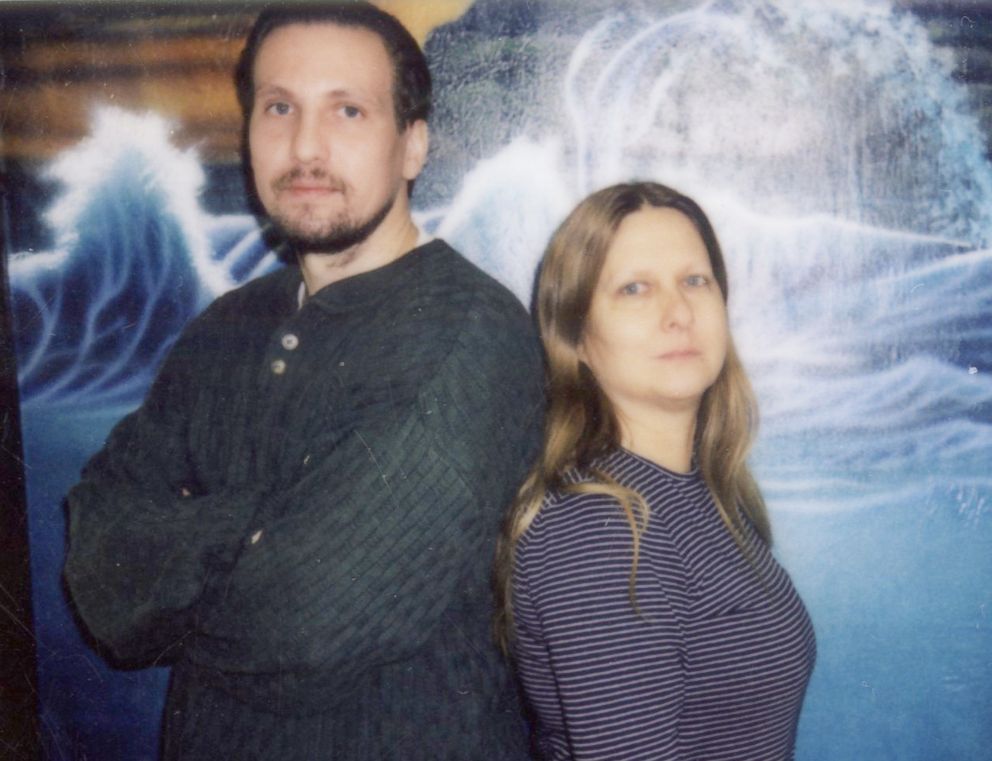
Mom continues crusade for her son’s innocence
Giuca’s lawyer submitted a motion to the judge regarding the recordings she’d made undercover with Allo.
In a crushing blow to Giuliano, the judge denied the motion, ruling that the recordings were unreliable and that there was no evidence Allo had intentionally lied. He also denounced Giuliano for her “reckless” and “vigilante” behavior.
“As long as I follow the law, I don’t see anything wrong with it,” Giuliano said.
In a 2009 interview with ABC News, Allo said he told the truth in court, and he and his attorney Salvatore Strazzullo denied what Giuliano claimed she’d caught on tape.
“I’m not a prejudiced person,” Allo said in the interview. Allo also insisted that he had never told Doreen he hated Jews, and that he did not commit perjury or withhold information during jury selection.
After her motion was denied, Giuliano turned to private investigator Jay Salpeter, asking him to investigate Avitto, the jailhouse informant.
At Salpeter’s first meetings with Avitto, he stuck to the story that Giuca had been involved in Fisher’s killing. But in a later conversation, Avitto said he completely fabricated his account of Giuca’s involvement in the murder.
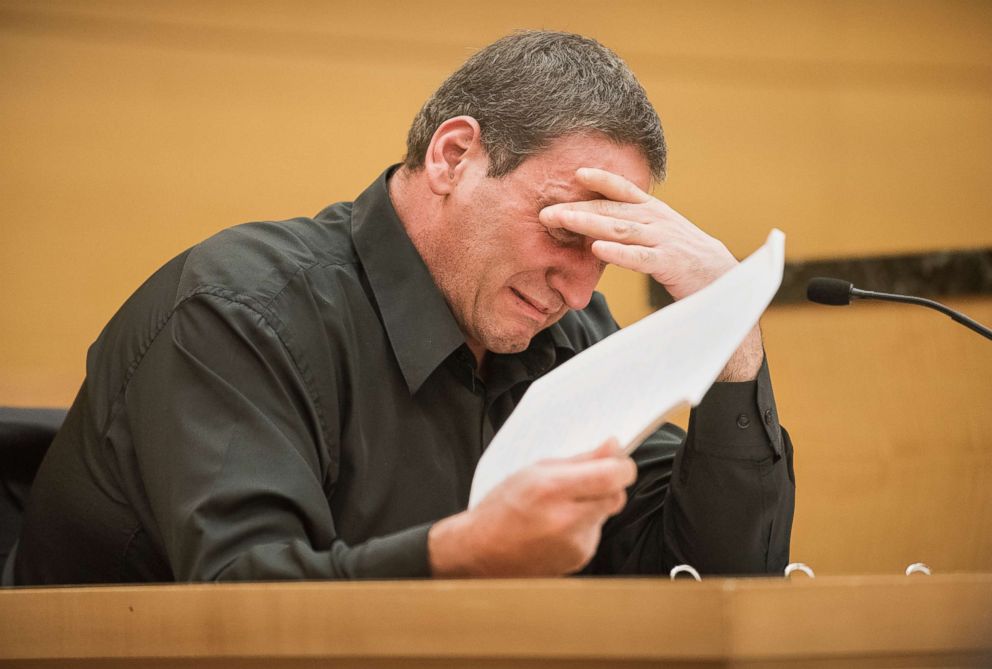
“The whole thing was a lie,” Avitto is heard saying on a recording made by Salpeter during their conversation.
Avitto said that in exchange for his testimony, prosecutor Nicolazzi and detectives had helped him stay out of jail when he violated his probation.
“I [had] gotten into violations of the program and stuff. And, they helped me get out of those,” Avitto is heard saying in the recording. “Just to keep me so I can testify.”
“He lied to the jury. He lied and said that he wasn't getting any benefit. And Anna-Sigga Nicolazzi vouched for him,” Giuliano said.
Avitto followed up his conversation with Salpeter with an affidavit filed with the court in which he acknowledged he had “testified falsely” at Giuca’s trial.
In another blow to Nicolazzi’s case, two more of her witnesses -- including girlfriend Calciano -- recanted their testimony. In a sworn affidavit obtained by ABC News, Calciano said she’d lied on the stand after Nicolazzi and police put “relentless” pressure on her, threatening to “make this hard” for her father who was in jail at the time.
“She held this burden with her for all these years. And then people would say to me, ‘Don't you hate Lauren?’ How can you hate a 19-year-old girl who was pressured into lying?” Giuliano said.
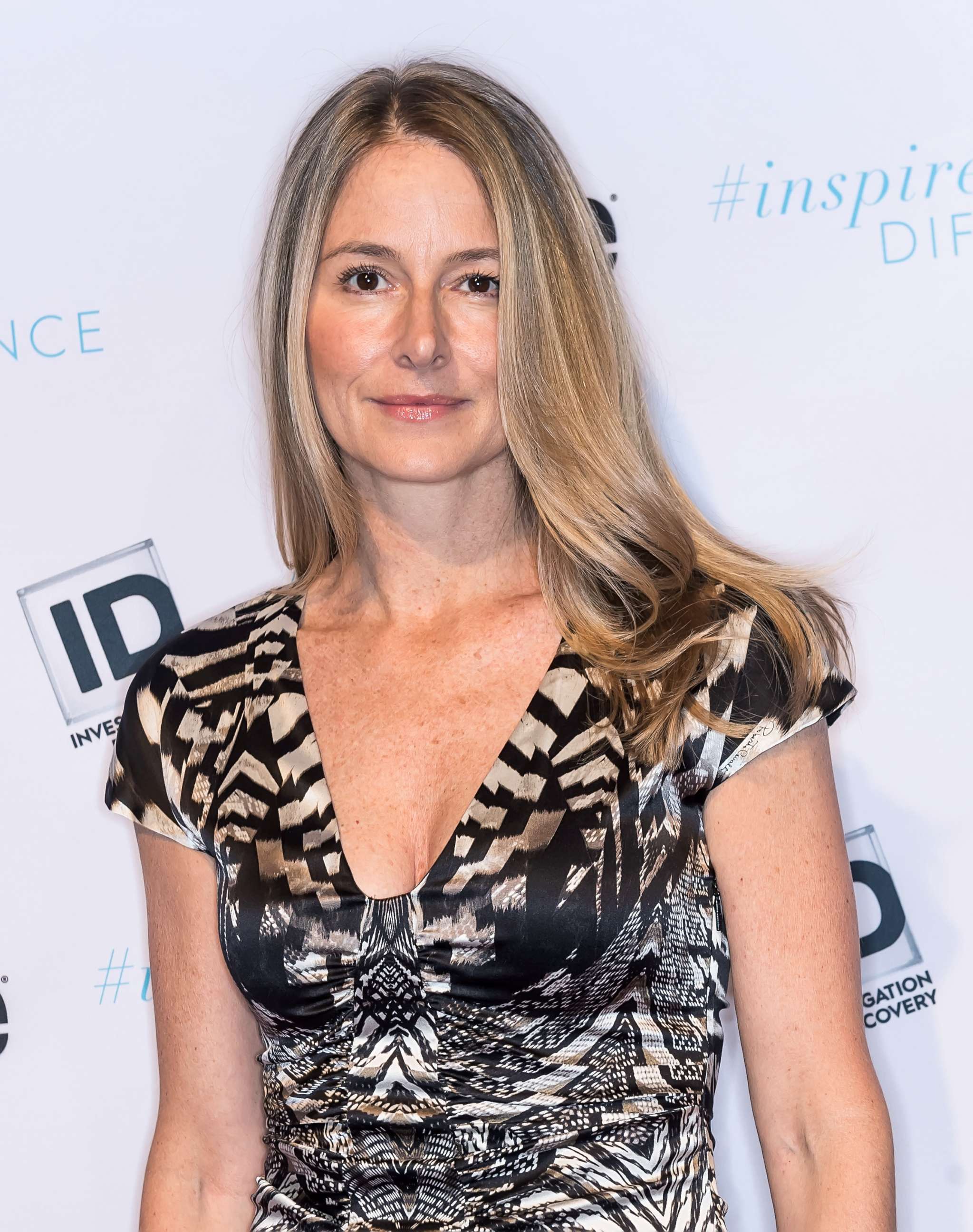
Pace Law School professor Bennett Gershman was retained by Giuca’s family to help file a petition with the Brooklyn district attorney seeking review of Giuca’s conviction and alleging prosecutorial misconduct.
“All I can say is that in any dealings that I had or the detectives had, I think we always found [Nicolazzi] to be of the utmost integrity,” retired NYPD homicide squad Lt. Casazza said.
The District Attorney’s Office said it found no evidence of prosecutorial misconduct and Giuca’s petition was denied.
However, Giuca’s legal team then filed a motion to vacate his conviction. On the witness stand in court for the case, Nicolazzi denied she’d done anything wrong in the case.
Avitto also took the stand, recanting his testimony and apologizing to Giuca. Still the judge denied Giuca's motion.
“You have hope. It’s taken away from you. And the crash is worse,” Giuliano said. “It’s the facts that drive me. Not a technicality, not a feeling or a hunch, it's the facts. And I beg the judge, the public, just look at the facts.”
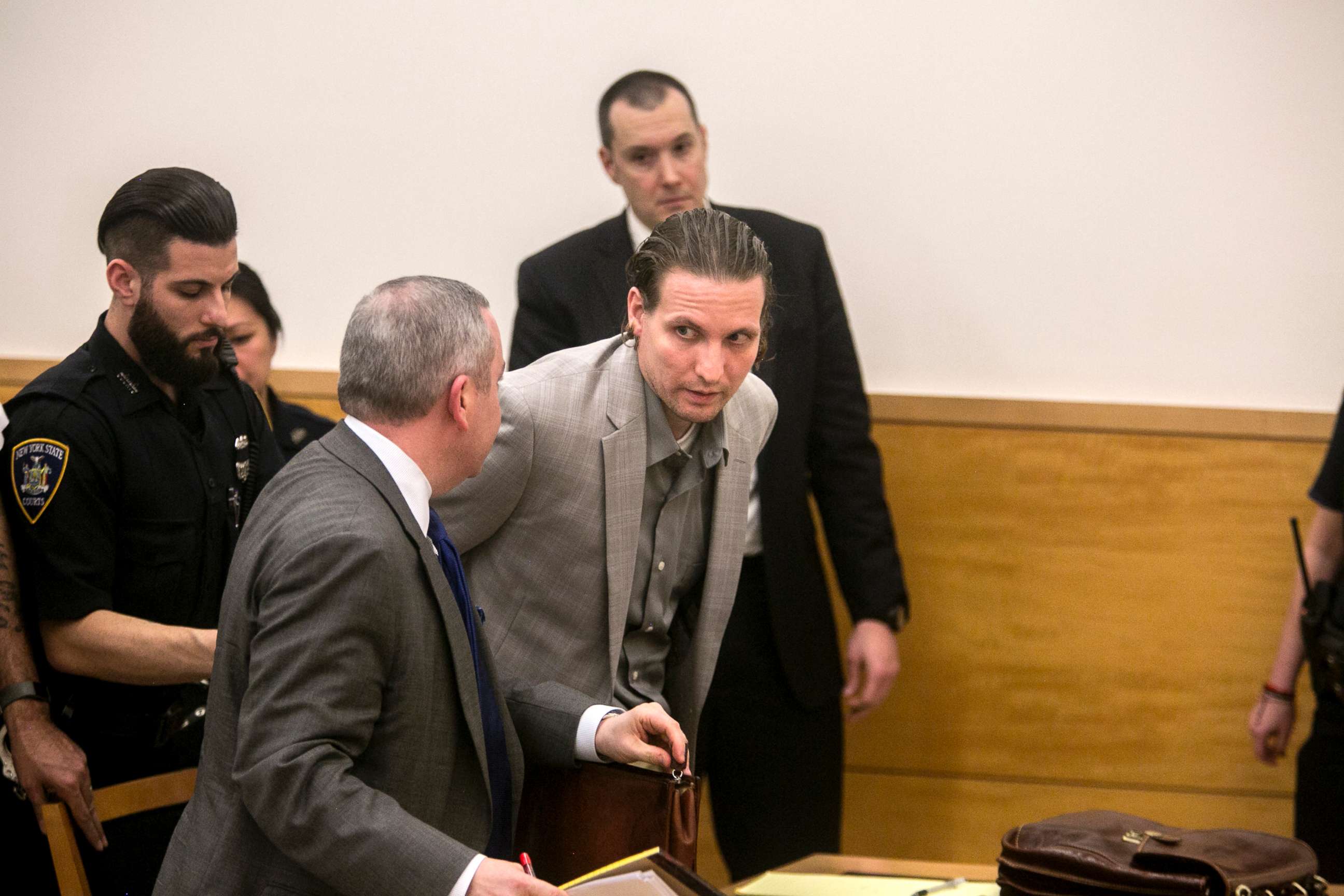
Where Giuca’s case is today
Giuliano and her son filed an appeal to get the judge’s decision overturned.
In February, after a 13-year-long crusade by Giuliano, Giuca’s conviction was thrown out by an appellate court. The four judges agreed that the prosecutor had erred by not telling the defense that she and police had helped jailhouse informant Avitto, which might have affected the jury’s verdict.
Giuca remains at Rikers Island, where Giuliano visits her son often. Giuca calls her whenever he can.
“20/20” was there when Giuca surprised Giuliano with a call.
“I had nothing to do with the murder of Mark Fisher,” Giuca told “20/20.”
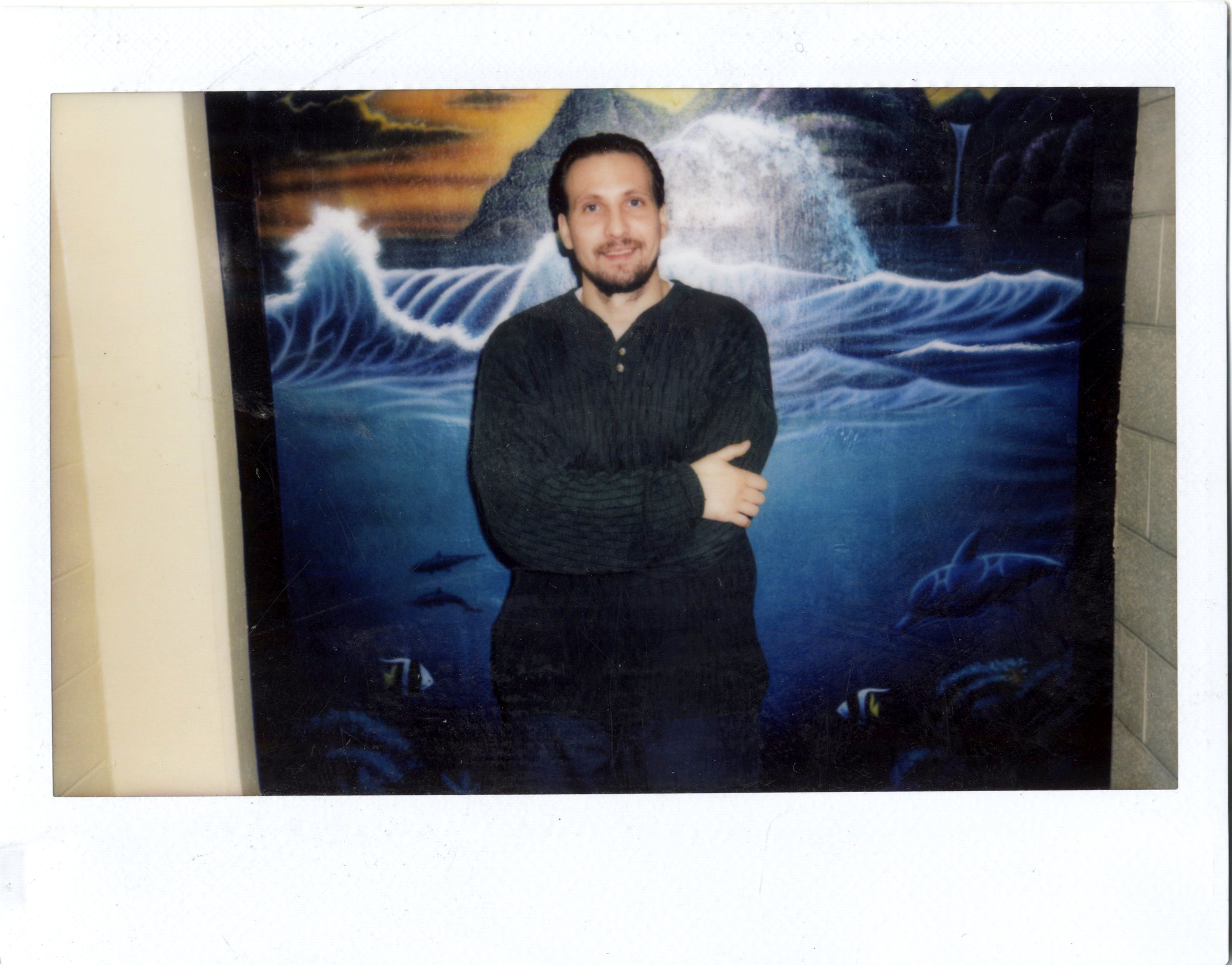
Giuca said he was “ecstatic” when he found out the lengths his mother had gone for the truth about his case.
“Honestly, I just said, I thanked God, and I said to myself, ‘I’m so lucky to have her as a mother,’” he said.
As much as she’s been through, Giuliano recognizes Fisher’s parents deserve closure too.
“But in the same respect, I got to fight for my son’s life, you know? I have to fight for my son,” Giuliano said.
